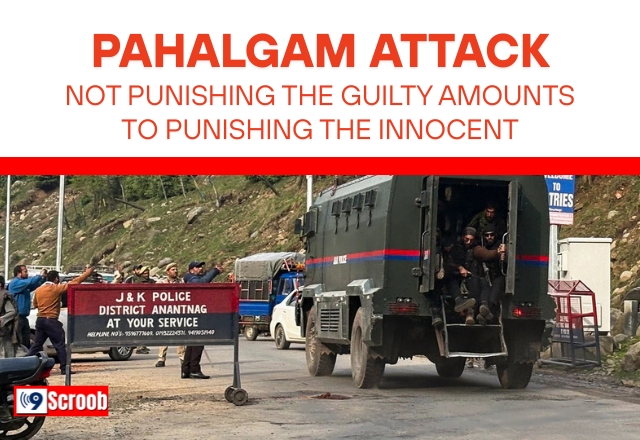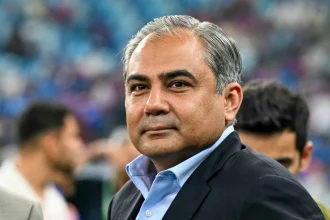Pahalgam Attack: Why Not Punishing the Guilty Is Punishing the Innocent
Pahalgam Attack- Over the years, the world has witnessed countless lives lost to terrorist attacks. Radical groups often claim responsibility for these acts and even attempt to justify their violence. Broadly, these justifications fall into three categories.
First are doctrines like Naxalism, which argue that social and economic exploitation by the so-called establishment leaves no option but violence. These groups believe that eliminating key oppressors will serve as a lesson to others.
The second category includes terrorists who claim they are fighting to reclaim land they were allegedly driven from.
The third, and perhaps most dangerous, are the ultra-fundamentalists. These extremists believe that people with different beliefs or ways of worship have no right to exist and therefore must be eliminated. The terrorists involved in the Pahalgam attack fall into this chilling category.
The Dangerous Mindset Behind the Pahalgam Attack
The attackers in Pahalgam were reportedly verifying the religious beliefs of their victims before pulling the trigger. This is not just violence—it is an attack on the very idea of humanity. While some political or social grievances can be debated or negotiated in the first two categories, ultra-fundamentalist terrorism leaves no room for dialogue.
The global community must go beyond routine condemnation. Countries that support or shelter such terrorists must face strict sanctions. The critical question is: How can the world ensure this happens?
The Need for Spiritual Democracy
Global governance bodies and nations must embrace spiritual democracy as a principle of peaceful coexistence. Indian culture, particularly the Hindu civilizational ethos, offers a living example of this idea. While Europe grapples with the challenges of multiculturalism, India has long stood as a symbol of unity in diversity.
Even centuries of invasions and external pressure could not break this foundation. But there’s an important caveat: while India’s instinct has been to accept and coexist, coexistence can only survive when it is mutual. A monopolistic or supremacist approach in spiritual or racial matters has repeatedly shattered peace across history.
True coexistence requires security, opportunity, and dignity for every section of society. Without this, peace is only temporary.
The World Must Reject Intolerance
The message is clear: those who refuse to accommodate others should not be accommodated themselves. Prime Minister Modi’s statement about bringing the perpetrators to justice is both expected and reassuring. But the fight against terrorism is fundamentally a fight against intolerance, and tolerating intolerance is a dangerous mistake.
Philosopher Karl Popper captured this in his famous “paradox of tolerance,” arguing that genuinely tolerant societies have the right to deny tolerance to those who promote intolerance.
A Call for Global Courage and Unity
For too long, people have questioned the intentions of developed nations that claim to promote democracy, often blurring the line between democracy promotion and regime change. Thankfully, there is now a growing understanding that military intervention is not the answer.
Similarly, handling terrorists with kid gloves will only backfire and lead to greater loss. The Indian government and its people have some basic expectations from the global community: rise above political correctness, show courage, and speak the truth.
Neither cowardice nor a short-sighted approach will deliver lasting solutions. To counter terrorism effectively, the world must build strong global public opinion and use it as a deterrent.
India’s experience, like its bold move with the Pokhran-2 nuclear tests in 1998, shows that when a nation takes a firm stand, even initial critics are forced to acknowledge new realities.














